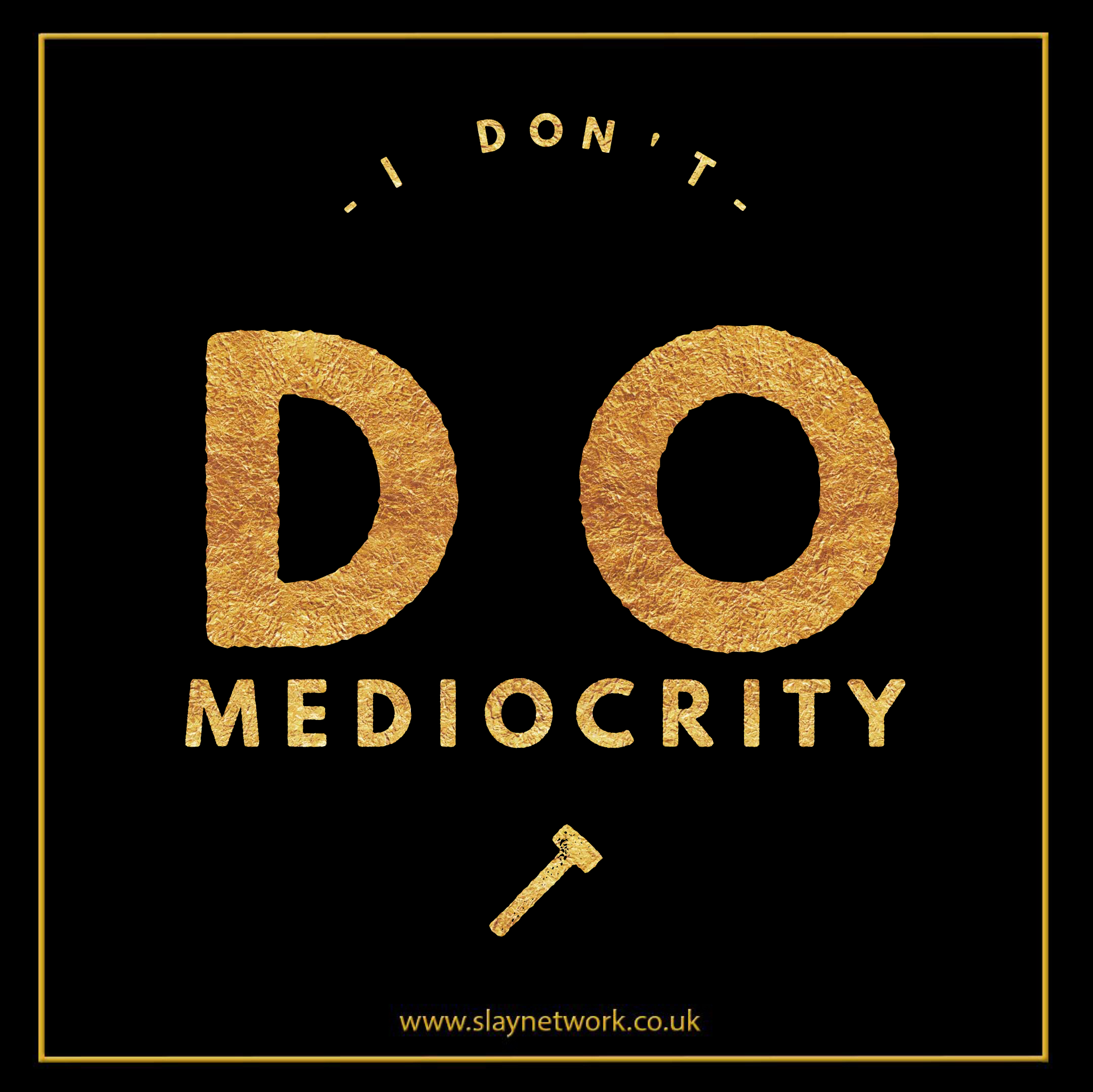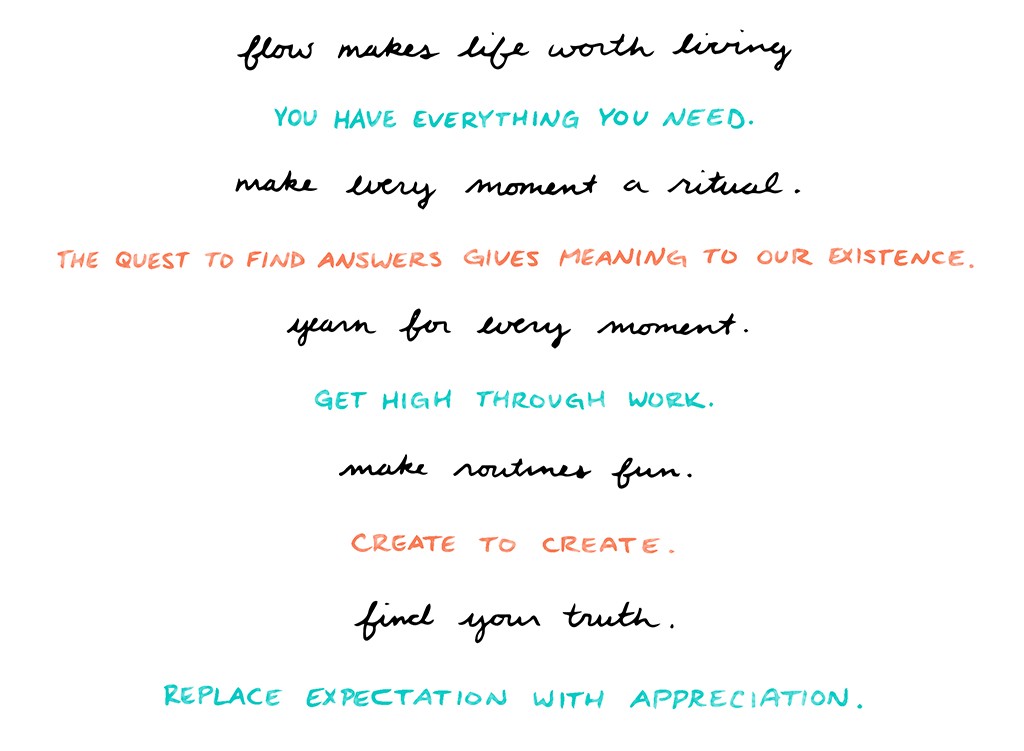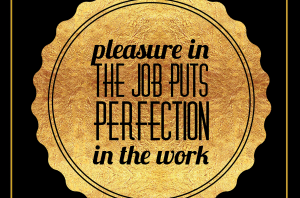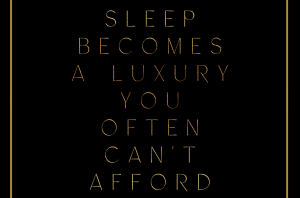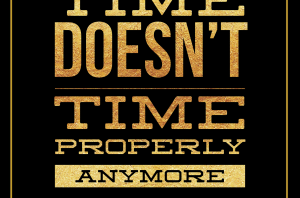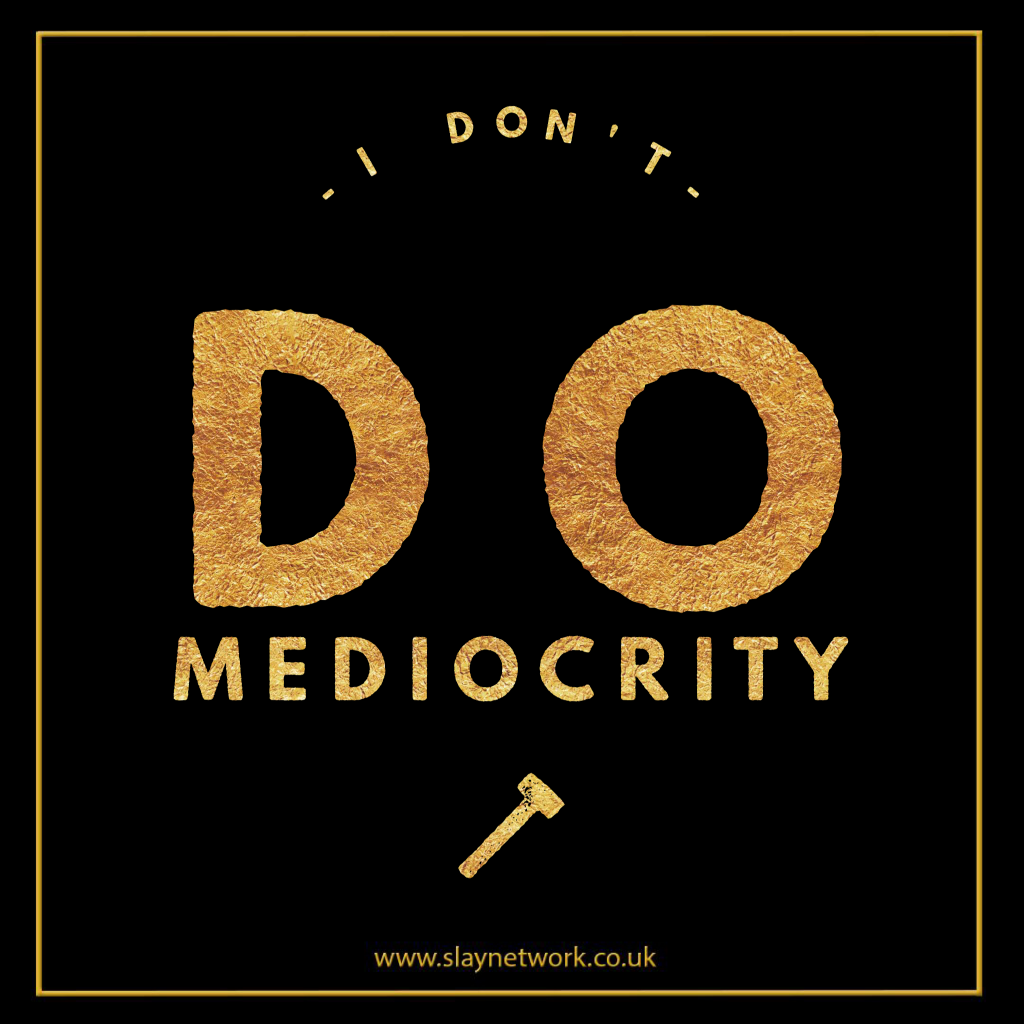
You’re not the highest version of yourself which you can imagine, you’re the lowest version of yourself which you can accept. — Sam Ovens
It can be hard to know when you’re on the way toward success or mediocrity.
You may feel successful each day, doing your work, getting things done and feeling accomplished — but how do you know you’re on your way to becoming a true master and leader in your field — or accepting mediocre results (even while achieving your goals) because your standards are too low.
If you’d like to learn if you’re accepting mediocrity, hop on my calendar here for a strategy session to see if being coached by me makes sense.
With all the work you’re doing and feelings of progress on a daily basis, the differences can be subtle and have a profound impact on your results.
Often we don’t find out or “learn the hard way” (me) that we’ve set goals too low.
The good news is, with the right principles, you can immediately begin going after the best in your field and maximizing your potential.
So how do you know you’re not unknowingly headed for mediocrity? If you’re not doing these 7 things, it’s a sign you’re accepting mediocrity.
1. Compounding Inches On The Top 1 and 2 In Your Industry By Looking For What They Aren’t Doing
Whether you’re starting out or half way across the finish line — you need to act as if you’re a leader in your field already — and leaders in the field not only do what the rest don’t, but they’re actively looking for inches that other leaders in their field may not be taking advantage of.
They inch up to the top .01% and think about what they can do that a competitor may not be doing so they can accumulate it and have it compound over time.
Though they don’t traditionally think of anyone as competition, and let the rest follow them, true masters have already arrived internally, to the place the other masters in their field are chasing.
They only really “chase” the top 2 or 3, though it’s mostly to observe and gather intelligence.
They know they’ll blow by the rest soon, and need to begin taking inches from the best now so they can meet them at the finish line.
This is how fierce competitors operate, though it’s not fierce activity in practice.
Though I only have 2500 followers on Medium, I’m watching my growth rates and numbers like a hawk.
I know how growth curves work and how they jump exponentially.
I’m optimizing everything, measuring and setting radical goals and creating the environment that makes my goal of 150,000 subscribers happen by the end of 2018.
There’s no question it isn’t happening, I’ve already decided and made commitments — to writing full time and creating the conditions of missing that goal only open to variable dynamics I can’t control.
If you’re thinking “damn, what’s this guy doing to hit these goals” — here they are. If you want me to help you dig into yours as your coach, hop on my calendar here for a strategy session to discuss.
2. Becoming Who You Need To Be First, Then Working Toward The Goal
There’s a lot of nuance in this one because there’s lot’s of literature on visualization but this is not to be taken lightly.
You need to learn to separate your ego and your observer self (#3).
An easy way to think about it is the ego is your fearful “I”, that’s never satisfied and keeps you in fear (to keep you alive).
Your observer is what you actually are — what’s left over of your ego. What most don’t know and react to is that this fear is actually healthy, if you watch it and listen to it instead of react to it and let it stress you out.
They’re messages to keep you alive but you’re still in it’s command.
Your observer self get’s to decide and program what your ego self actually is. You can command it (program it) to be whoever you want to be, believe whatever you want it to believe — creating the action and whatever you want it to do.
Think of the ego as your chief operating officer and you’re it’s CEO.
If it gives you push back, make an executive decision. If it gives you a fearful thought that scares you, tell it to shut up. Remember this because this one thing makes or brakes people.
Do NOT let your ego run your actions.
This is why so many are “unhappy” or “stressed” — they let their egos win every time it says something scary or fearful.
4— Don’t let your ego win. It’s the COO, you’re the observing CEO.
Ego is the only requirement to destroy a relationship [with yourself] — be the bigger person and skip the “E” and let it “Go” — Cool
5. If You Don’t Want To Be Successful As Much As You Want To Breathe
This may rub some the wrong way because of course, there’s more to life than “work” or “success”. I’m very well aware of this in the given context it’s usually mentioned which is to have “work/life balance” or “take time off to relax” because their’s “more to life than work”.
But is there anything more important than success? It’s subjective what you make of it however you generally work successfully, to live successfully to vacation successfully.
People think of “success” as some term that equates to making money or buying things but it’s so much deeper than that.
Everything you do you want to do successfully no matter what it is.
Success is just a natural instinct we’ve turned into something complicated.
We were all born “successful” — it’s up to us to pick goals and activities and practice them successfully no matter what they are. For birds, it’s flying South in the winter — they aren’t taught this or get a degree on it, they just do it out of instinct.
Humans have 4 billion years of evolutionary “success” to have reached this point.
So it’s not the activity itself whether it’s working or taking a vacation, it’s how you take in that activity or practice it.
So my voracious work ethic is what makes me taste the time off with my family 1000x more than if I were doing it all the time — vs. someone who vacations all the time.
It doesn’t really matter as everything always regresses back to a mean (average) so there’s no wrong answer.
The vacationer who does it all the time get’s less out of it and the one who does it once a year takes it in and tastes it more — there’s no right or wrong.
In terms of personal purpose and meaning, there’s no better daily chemical cocktail than creatively working toward a goal and toward mastering yourself, work and your field— and if you’re on that path to mastering a field and becoming a leader, work isn’t work, its fun and riveting.
If the state you’re doing your work in isn’t fun and riveting because you’re chasing an audacious goal that would be exciting to reach, you’re not going to be able to put in the work and be in the peak state to chase every inch and beat the competition.
There’s nothing wrong with loving to work all the time. I’m hooked to my kindle and laptop. As I type this on New Years eve, I’m staying in and I’m fine with it. I’m visiting my parents and spending plenty of time with them. Going to the mall and movies (which I frankly find boring) and hanging out.
6. If You Don’t Get Pissed That You’re Not Beating the LEADERS Of Your Industry
“The healthiest competition occurs when average people win by putting in above average effort.” — Colin Powell
I’m racing to beat the best in my industry and watch them like hawks.
This is usually only one or two people and I don’t spend too much time agonizing, I observe their evolution and what they’re doing. Then I think about and write ideas about how I can beat them with inches.
Case in point, I only have 2,500 followers on Medium but I’ve only been writing really since August and full time for the last month. I already know I’m as good as the top writers in my field and I back it up with work that produces the evidence I need to be confident which further fuels my enthusiasm and work ethic.
So when I’m hitting publish, I feel like I’m denting the planet and this is how you need to feel when you’re working.
7. If You Don’t Understand How Exponential Growth Curves Work
“The greatest shortcoming of the human race is our inability to understand the exponential function.” — Albert Bartlett
So many people don’t understand how growth curves work and how it relates to them producing their output. The result is a lot of “launching” stuff and working but without the understanding it takes to grow toward results.
This leads to a lot of frustration, a lack of momentum at the beginning and the wrong mindset that doesn’t allow you to last.
Market dynamics are obviously tricky, and there are a lot of variables, but generally, for our business intents and purposes the typical growth curve that begins growing slowly and it’s rate increases over time.
So about 80% of your growth comes from the final 20% of the curve. That means a lot of work at the beginning and slow growth.
The trick is to have the fire of that final 80% and operating fast and fiery to get there from day one.
If you want to last in a market much less become a market leader, you need to get to the final 20% of your growth curve that produces 80% of your growth.
And in classic 80/20 distribution, you can assume for any market, about 20% of the producers, grab 80% of the market share — and you need to become one of the 20%.
And to do that, you need to grind on your growth curve until you reach the 20% that produces 80% of your growth.
The million dollar question is how voracious are you going to work in the early days? As though you’re already there or as though you’re “starting from day 1”.
Be → Do → Have
Be best in the world — do work in that state and plan to have everything you want and you’ll take the massive action necessary to get there.
It’s those people that grow fast and reach the top of their field quickly.
Conclusion
Mediocrity is defined as ‘moderate ability or value’ — and when you don’t make it to the top 20% of your planned growth trajectory — you’re technically mediocre.
To become a 20% leader in your market you need to become, act and plan to become #1 — and act with voracious enthusiasm on your journey toward the final 20% of your exponential growth curve.
To do it fast, you need to:
* Be and act #1
* Plan to be #1
* Look for what the current #1 and #2 are doing and find inches they aren’t doing.
If you aren’t at least doing these things, you’re both operating in a state of mediocrity and planning to be mediocre.
Implement them and you’ll be on your way toward mastery and leading your field.

